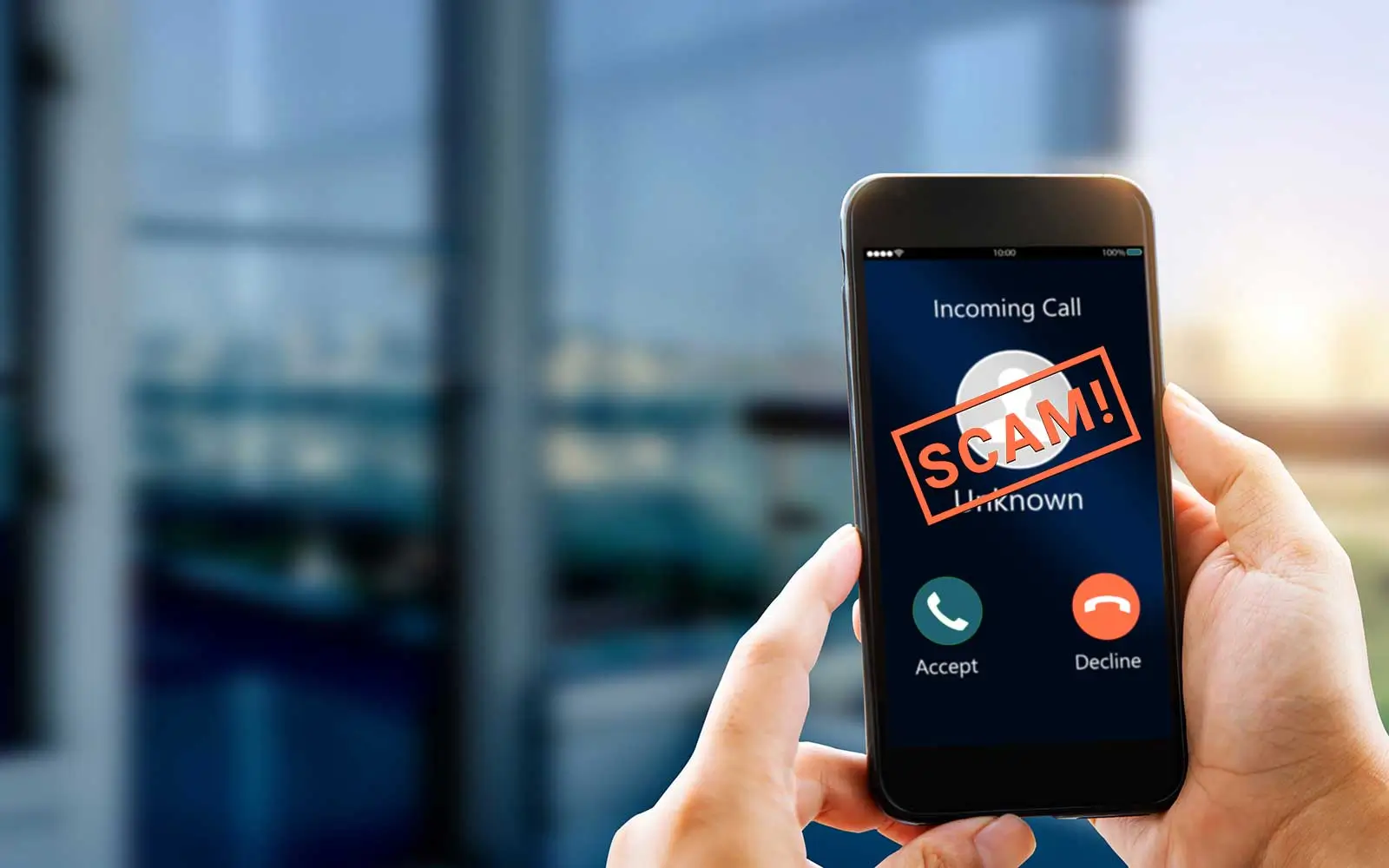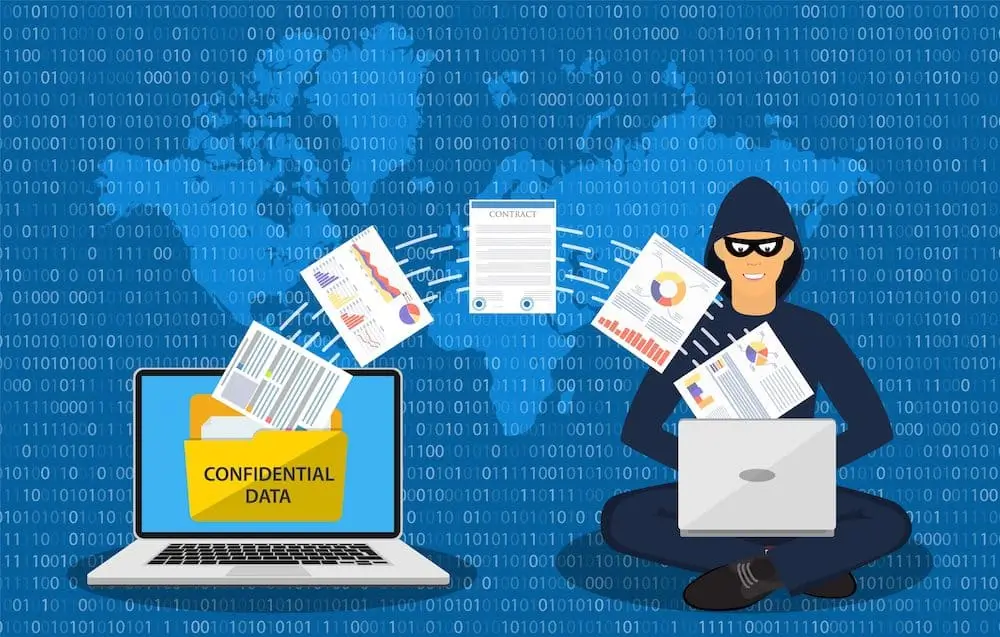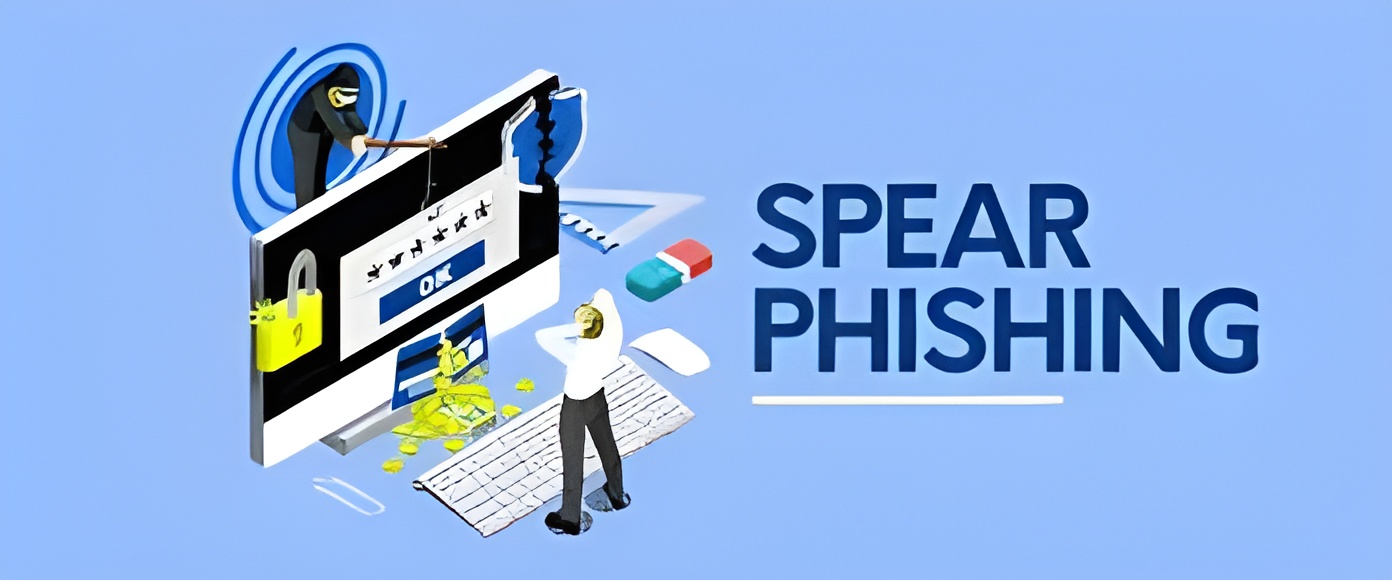Published on May 24, 2025
Voice Phishing: Definition, How It Works, and Tips to Avoid It

Voice phishing, or often known as vishing, is a type of fraud via telephone calls designed to obtain sensitive information from its victims. Phishing is a method of psychological manipulation to trick victims into providing confidential information or performing actions that benefit the perpetrator, and vishing uses voice calls or voicemail as the main medium.
Understanding Voice Phishing (Vishing)
Vishing is an abbreviation of “voice” and “phishing”. In vishing, fraudsters try to obtain personal information, such as bank account numbers, passwords, credit card information, and other sensitive details. Fraudsters often disguise themselves as official parties, such as bank officers, company representatives, or even government authorities. Thus, victims often do not realize that they are being deceived and end up providing the requested information.
The modus operandi of voice phishing often uses tricks that make victims feel pressured or threatened, so they tend to provide information quickly without thinking. Because of the threats or pressure given, victims feel the need to comply with the fraudster’s requests.
How Voice Phishing Works
Voice phishing perpetrators usually start by preparing a convincing scenario to deceive victims. Here are some common methods often used in voice phishing:
- Impersonation as an Official Party
The fraudster will pretend to be an official from an official institution, such as a bank or insurance company, and give reasons to verify data or check suspicious activity on the victim’s account.
- Spoofing Technique
With spoofing technology, the perpetrator can change the phone number that appears on the victim’s screen so that it looks like it comes from an official institution. This strengthens the illusion that the call is really from a trusted party.
- Emotional Pressure
The perpetrator often uses emotional pressure, such as saying that the victim’s account has been hacked or there is a suspicious transaction. This makes the victim panic and tends to immediately provide the requested information.
- Use of OTP or Verification Code
The fraudster may ask for an OTP code or temporary password sent via SMS or email to the victim. They can use this OTP code to access the victim’s account directly.
- Fake Voicemail Recording
Some vishing perpetrators use automated voicemails that ask victims to immediately call a certain number. When victims call the number, they are immediately directed to a fraudster who is posing as an official officer.
Examples of Voice Phishing Cases
To understand more deeply, here are some common voice phishing scenarios:
- Bank Fraud
A fraudster calls the victim and claims to be a bank officer. They say that the victim’s bank account has been hacked, and asks the victim to provide personal information so they can “help” secure the account.
- Tax Fraud
The fraudster pretends to be a tax officer and says that the victim has outstanding taxes that must be paid immediately. If not, they will face legal action. In a panic, the victim may provide payment information or even send money directly.
- Award or Prize Fraud
The perpetrator contacts the victim and says that they have won a big prize, but in order to receive the prize, they need to pay a certain amount of money as an administration fee or provide personal information for verification.
- Insurance or Health Fraud
A perpetrator may contact a victim pretending to be a health insurance provider, and ask for the victim’s medical or personal information, which is then used to commit identity theft or medical fraud.
Why is Voice Phishing Effective?
There are several reasons why vishing is an effective fraud method:
- The Convincing Nature of Voices
Compared to text messages or emails, a human voice feels more personal and convincing. Many people are more likely to trust someone who is speaking directly, especially if they sound professional.
- Exploiting Panic and Emotion
Fraudsters often create panic, fear, or haste in victims, causing them to not think twice and immediately provide the requested information.
- Public Ignorance
Many people do not fully understand or recognize the dangers of voice phishing. They may be more wary of phishing emails, but they do not realize that voice calls can be dangerous as well.
Tips to Avoid Voice Phishing
Here are some steps you can take to protect yourself from the threat of voice phishing:
- Verify Identity
Do not provide personal or financial information without confirming the caller’s identity. If they claim to be from a bank or other company, call the official number of the institution to verify their claim.
- Beware of Unexpected Calls
If you receive an unexpected call or from an unknown number, especially one asking for sensitive information, be suspicious immediately. Banks or official institutions usually will not ask for personal information over the phone.
- Don’t Panic Immediately
Fraudsters often try to create an emergency situation to make victims panic. Try to stay calm and think clearly before responding to requests from the caller.
- Use a Call Tracker Application
Some call tracker applications can help identify spam calls or suspicious numbers. This can provide early warning so that you do not answer the call.
- Protect Personal Information
Never give your password, PIN number, or OTP code to anyone. Official institutions will never ask for this kind of information over the phone.
- Report Suspicious Calls
If you receive a suspicious call or feel like you are a victim of voice phishing, immediately report it to the authorities or relevant institutions.
Conclusion
Voice phishing is a type of fraud that is increasingly developing along with the increasing use of communication devices. Through voice manipulation and psychological pressure, perpetrators try to obtain sensitive information from victims. To protect ourselves, it is important for us to always be vigilant, recognize the tactics used, and not easily provide personal information over the phone.
Increasing public understanding of voice phishing is an important step in prevention. With higher awareness, it is hoped that the public can avoid the traps of this type of fraud. Always remember to verify and not panic when receiving a suspicious call.
That’s all the articles from Admin, hopefully useful… Thank you for stopping by…




